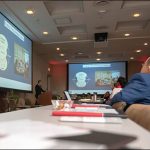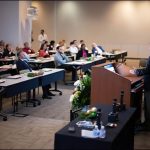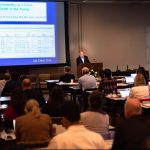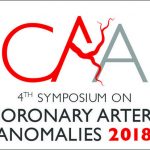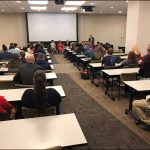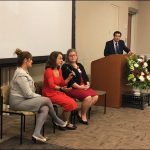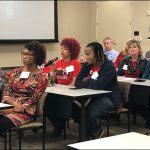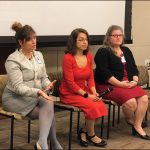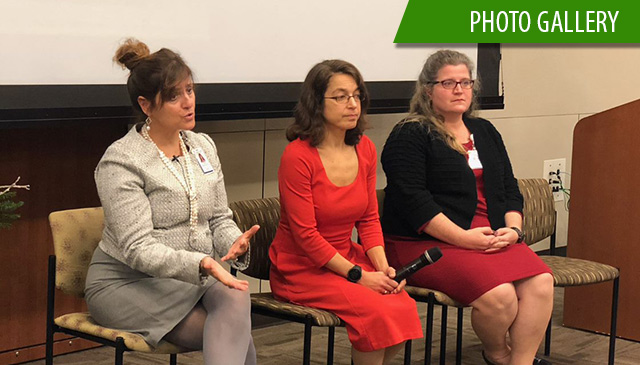
Experts from across the country recently convened for the fourth Symposium on Coronary Artery Anomalies, hosted by Texas Children’s Heart Center®.
The event was founded by leaders of Texas Children’s groundbreaking Coronary Anomalies Program – the first of its kind in the nation – as a way for caregivers, researchers and others to gather and discuss the diagnosis and management of patients with coronary artery anomalies, such as anomalous aortic origin of coronary artery (AAOCA), which can lead to the phenomenon known as sudden cardiac death (SCD), which usually occurs in young athletes.
“Before we began to really focus on these conditions, there was very little data about the potential risks or causes, which in turn led to controversy surrounding the proper ways to evaluate, treat and monitor children with these conditions,” said Texas Children’s cardiologist Dr. Silvana Molossi. “This event provides an open, dedicated forum for discussion and information sharing, and has become a valuable resource for experts nationwide who are involved in the diagnosis and care of patients with these rare conditions.”
The event featured comprehensive presentations by members of Texas Children’s Coronary Anomalies Program, as well as 11 visiting faculty from some of the country’s preeminent pediatric health care institutions, including Boston Children’s, CHOP, Stanford University, Columbia University, UT Southwestern, and the Heart & Vascular Institute at Hartford Hospital in Connecticut. Major topics included AAOCA, Kawasaki disease and myocardial bridges.
An addition to this year’s conference was a special Patients & Families Symposium.
“We were astounded by the response to the family symposium before it even started,” said Molossi. “We expected between 25 and 30 people to register – we ended up having nearly 80 in attendance.”
During this day-long event, parents and children attended talks that addressed topics such as the impact of coronary anomalies on families and the importance of counseling and shared decision-making when determining a plan of care. And in a session titled, “This is My Story: Patients and Families Living with AAOCA,” visitors had an opportunity to hear from Texas Children’s patients and families who have had similar experiences of unknowingly living with these life-threatening conditions, receiving crucial diagnoses and making the tough decisions that follow, undergoing open-heart surgery, and living a normal life in the aftermath. This emotional and powerful session was followed by discussions about the importance of networking and building a sense of community and collective support for people affected by coronary anomalies.
About the Coronary Anomalies Program at Texas Children’s
Seeing the need for more complete data and a more specialized approach to care, experts at Texas Children’s formed the Coronary Anomalies Program. The multidisciplinary core team of cardiologists, congenital heart surgeons, radiologists and researchers works together to provide the best treatment for patients with congenital coronary anomalies, study outcomes, and educate health care providers and the public about these conditions.
A cornerstone of this team’s approach is the development and use of a clinical algorithm to facilitate the diagnosis and management of these patients. The team presents cases in monthly multidisciplinary meetings to determine the best course of action for each patient, and then tracks the patients’ outcomes over time.



